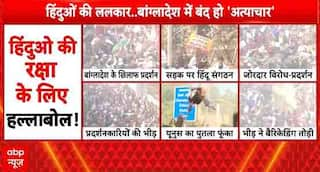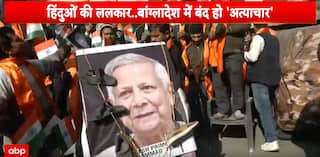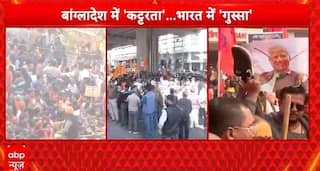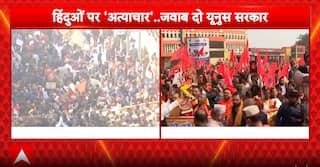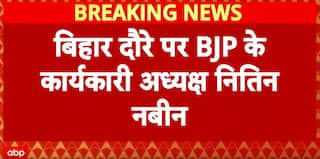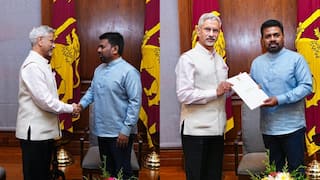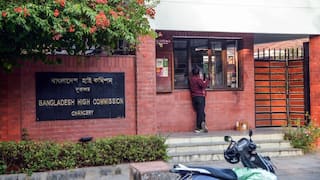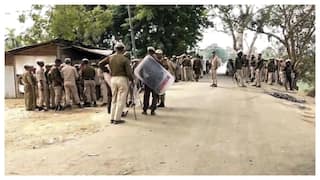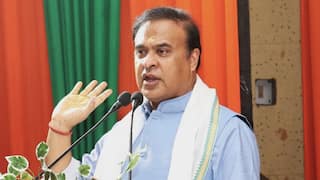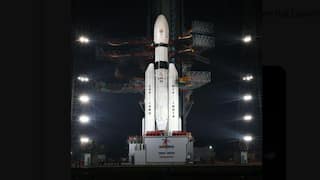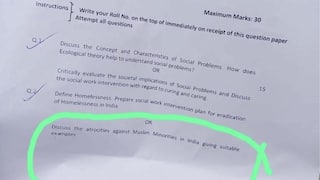UK PM Boris Johnson Accepts PM Modi's Invitation To Visit India
Prime Minister Modi extended the invite to Boris Johnson on Monday on the sidelines of the COP26 climate summit.

New Delhi: UK Prime Minister Boris Johnson has accepted Prime Minister Narendra Modi's invitation to visit India. Foreign Secretary Harsh Vardhan Shringla said on Tuesday that the British PM has agreed to plan a visit to India "as soon as the circumstances allow".
Prime Minister Modi extended the invite to Boris Johnson on Monday on the sidelines of the ongoing COP26 climate summit in Glasgow, Scotland, as both leaders discussed ways to enhance bilateral cooperation in sectors such as green hydrogen, renewables and clean technology, economy, and defence.
The UK PM was supposed to visit India earlier as the chief guest at the Republic Day parade in January this year, but his trip was cancelled due to the Covid situation in the country with the number of cases increasing. The meeting between Modi and Boris Johnson at the COP26 summit in Glasgow has been the first in-person interaction between the two leaders since.
PM Modi's interaction with the British PM was scheduled after the opening ceremony of the World Leaders' Summit at COP26 to focus on the UK-India climate partnership as well as a review of the 2030 Roadmap for stronger UK-India strategic ties signed by the two leaders during a virtual summit in May this year.
Prime Minister Modi congratulated Johnson for successfully organising the COP26, and for his personal leadership in championing global action for climate change mitigation and adaptation.
He reiterated India's commitment to closely working with the UK on climate finance, technology, innovation and adaptation green hydrogen, renewables and clean technologies including joint initiatives under the International Solar Alliance (ISA) and the Coalition for Disaster Resilient Infrastructure (CDRI), the Ministry of External Affairs said in a press release.
The two prime ministers reviewed the implementation of the Roadmap 2030 priorities particularly in the trade and economy, people-to-people, health, defence and security areas.











